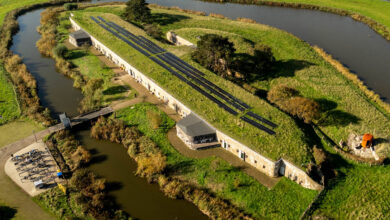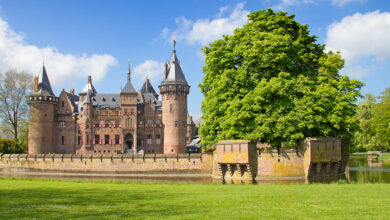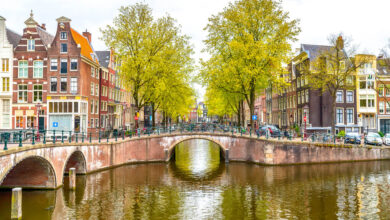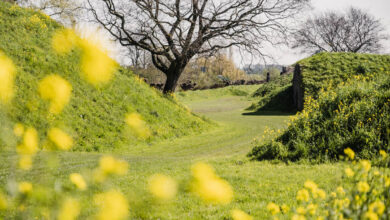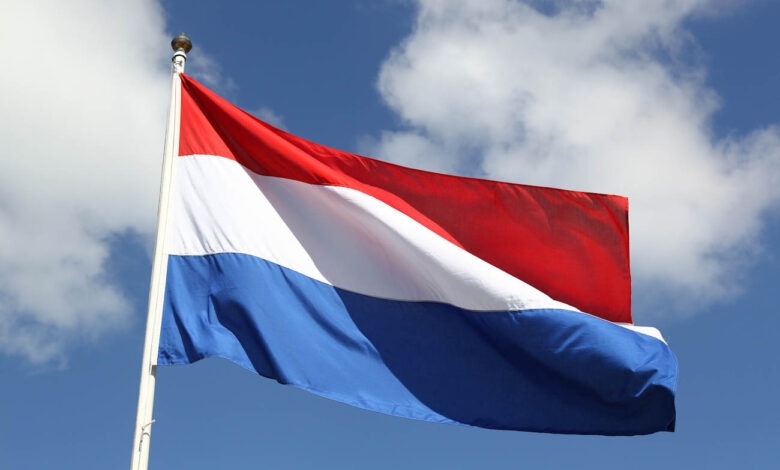
Bevrijdingsdag in the Netherlands
Bevrijdingsdag, also known as Liberation Day, is an important national holiday in the Netherlands that commemorates the end of the Nazi occupation during World War II. It marks the liberation of the Netherlands from Nazi Germany and the end of the war in Europe. The holiday is celebrated annually on May 5th and is an important day for reflection, remembrance, and celebration.
History of Bevrijdingsdag
The history of Bevrijdingsdag dates back to May 5th, 1945, when the Canadian General Charles Foulkes and German commander-in-chief Johannes Blaskowitz signed the official surrender of the German forces in the Netherlands. This marked the end of five years of occupation and oppression for the Dutch people, and signaled the return of their freedom and democracy.
After the war, May 5th was declared a national holiday in the Netherlands. Nowadays it is officially a day off once every five years. But the Dutch still celebrate Bevrijdingsdag every year as a reminder of the horrors of war and the importance of freedom.
Bevrijdingsdag is an important day for the Dutch people, who often take to the streets to celebrate their freedom and reflect on the sacrifices made by those who fought for it. It is a day for remembrance, with ceremonies held across the country to honor those who died during the war and to pay tribute to the brave soldiers who fought for freedom. It is also a day for celebration, with concerts, festivals, and parades held in cities and towns throughout the country.
The theme of Bevrijdingsdag changes every year, with a focus on a different aspect of freedom and democracy. In recent years, the theme has focused on issues such as human rights, freedom of speech, and the importance of democracy. The day is also marked by the hoisting of the Dutch flag and the playing of the national anthem.
Festivities that take place on Bevrijdingsdag
Bevrijdingsdag is celebrated throughout the Netherlands with a variety of festivities and events. The day is marked by a sense of national pride and is an opportunity for the Dutch people to come together to celebrate their freedom and democracy.
Concerts and festivals
Bevrijdingsdag is celebrated with concerts and festivals throughout the Netherlands. Many cities and towns host live music events, with a mix of local and national musicians performing on outdoor stages. The biggest event is the Liberation Festival, which takes place in different cities every year and features a diverse lineup of artists.
Parades and processions
On Bevrijdingsdag, parades and processions take place in many cities and towns throughout the Netherlands. These events often involve marching bands, decorated floats, and vintage military vehicles, and are a colorful celebration of freedom and democracy.
Special exhibitions and events
Many museums and cultural institutions offer special exhibitions and events to mark Bevrijdingsdag. These may include historical exhibitions, film screenings, and talks by experts on the Second World War and its aftermath.
Street parties and community events
In many neighborhoods and communities, Bevrijdingsdag is celebrated with street parties and community events. These often involve barbecues, picnics, and games for children, and are a chance for people to come together and celebrate their freedom.
Flag-raising ceremonies
Bevrijdingsdag is marked by flag-raising ceremonies throughout the country. The Dutch flag is hoisted to the top of flagpoles and flown proudly to mark the occasion.
Dodenherdenking (Remembrance Day)
In addition to Bevrijdingsdag, the Netherlands also commemorates Dodenherdenking (Remembrance Day) on May 4th. This is a day to remember those who died during the war, with two minutes of silence observed at 8pm across the country. This solemn occasion is an important reminder of the cost of freedom and the sacrifices made by those who fought for it.
Bevrijdingsdag is an important national holiday in the Netherlands that celebrates the end of the Nazi occupation during World War II and the return of freedom and democracy to the Dutch people. It is a day for reflection, remembrance, and celebration, and is marked by ceremonies, concerts, festivals, and parades throughout the country. The day serves as an important reminder of the horrors of war, the importance of freedom, and the sacrifices made by those who fought for it.
